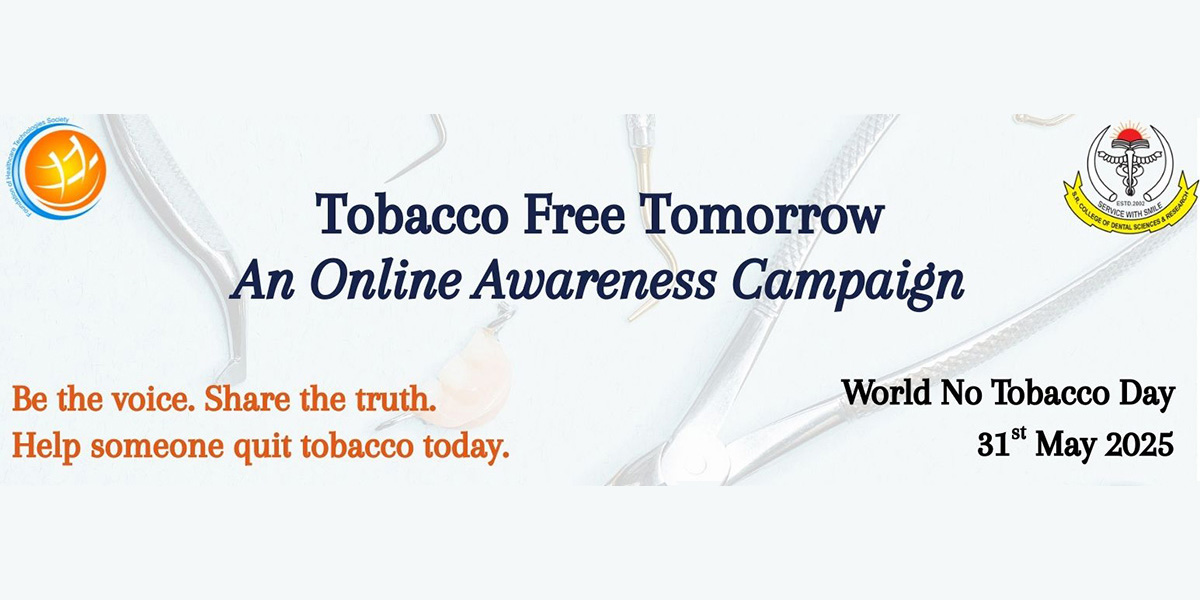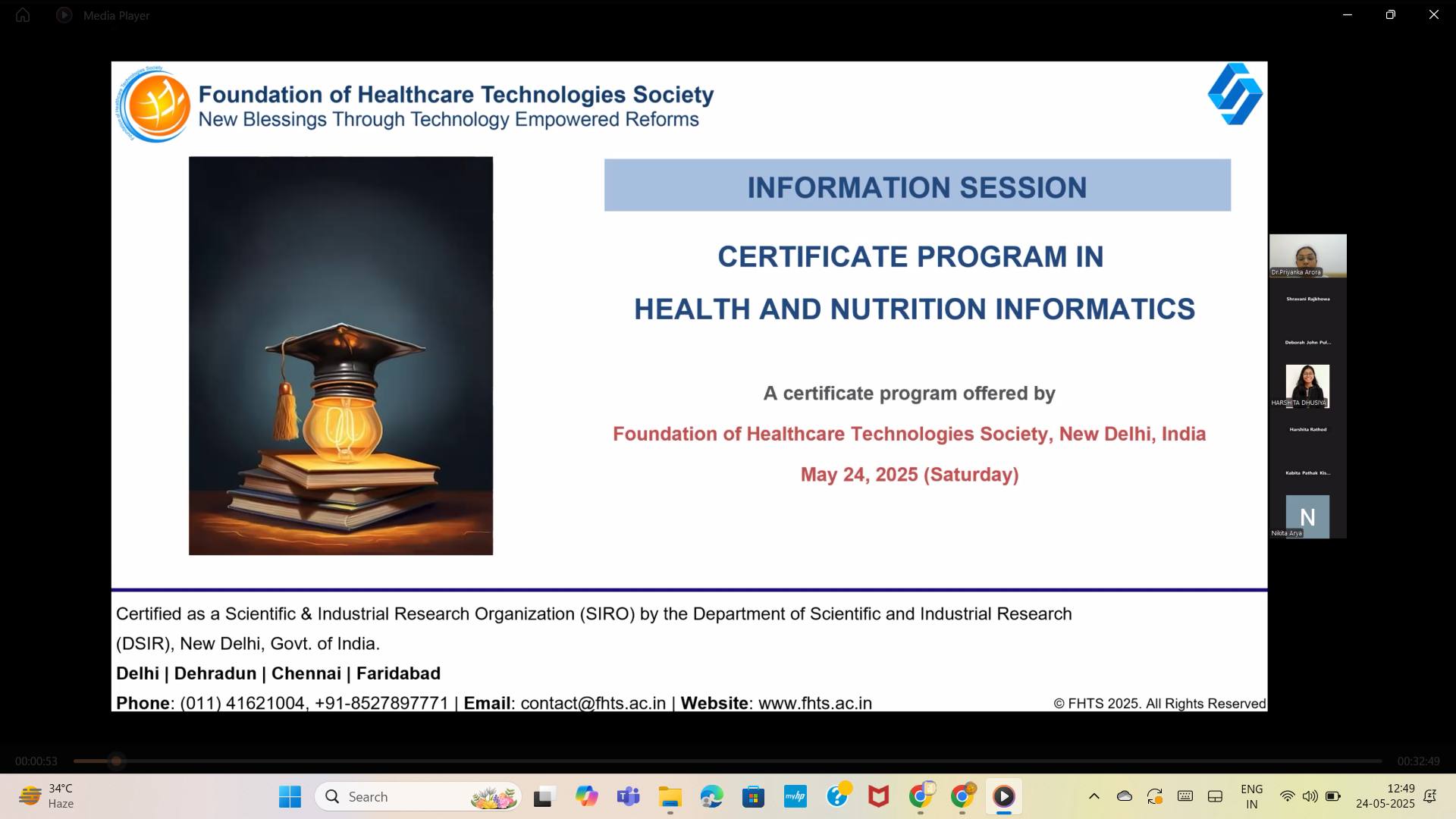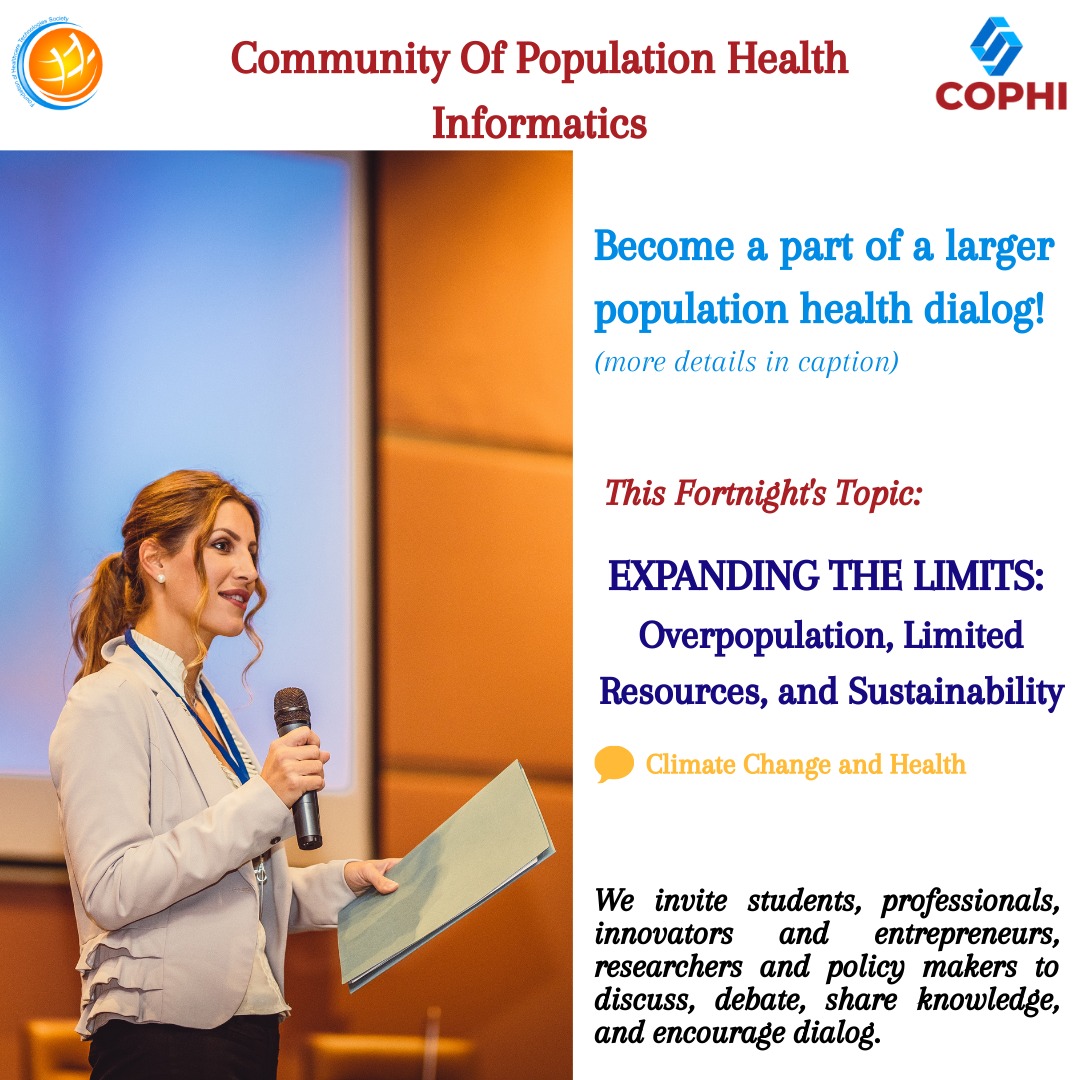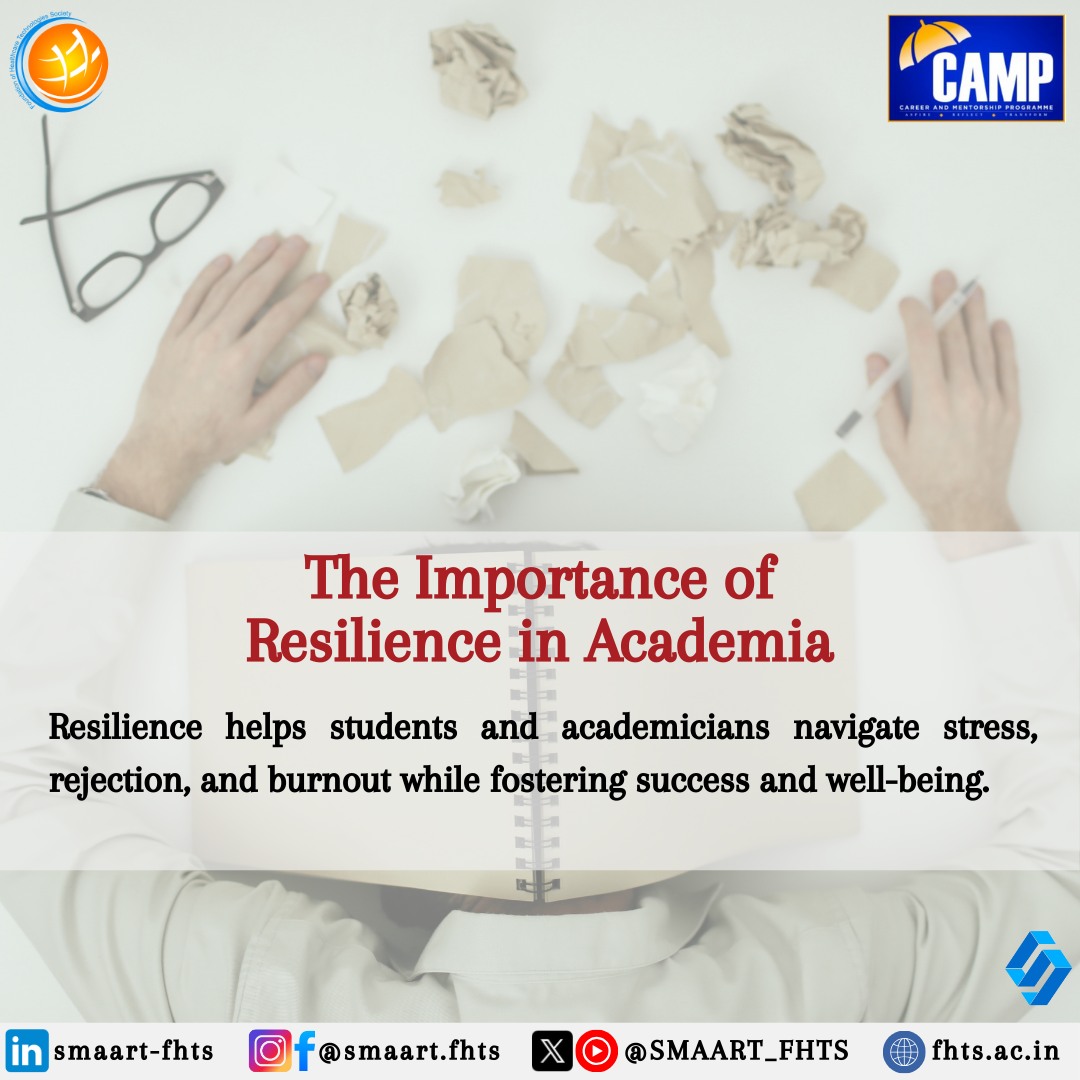Training Programs
Empower your future with innovative healthcare training and skill-building programs.
Research Projects
Drive impactful change through evidence-based healthcare research and data insights.
Connect
Collaborate with experts and join a vibrant community dedicated to transforming global health.
What’s new?
What we do
Through collaborative efforts, we strive to create sustainable health solutions, promote evidence-based practices, and develop a future-ready healthcare workforce.

Community Engagement
Engaging community to assess their needs
Explore Community Initiatives

Research Based Interventions
Designing data driven human centered interventions
Explore Research Projects

Entrepreneurship and Innovations
Developing out of box solutions to solve complex public health challenges
Explore Initiatives

Academic Excellence
Training the workforce through interdisciplinary programs and curriculum pathways
Explore Training Programs

Technology Based Solutions
Building relevant tools to enable evidence informed solutions
Explore Digital Health Innovations

Student Centered
Preparing community of learners, practitioners and leaders through experiential learning & mentorship opportunities
Explore Opportunities
Risk Factors Affecting Well-being
Risk Factors are any factor, condition or behaviour that hampers an individual’s physical, social, psychological or emotional health, contributes to vulnerable and poor well-being including inadequate nutrition, physical inactivity, excessive alcohol intake, tobacco/substance abuse, social disconnectivity, poor work-life balance, prolonged stress, financial instability, inaccessible health care services, exposure to trauma, etc.
LIFESTYLE FACTORS
- Poor diet
- Lack of exercise
- Smoking
- Excessive alcohol intake
- Insufficient sleep
SOCIAL FACTORS
- Social isolation
- Lack of social support
- Discrimination
- Relationship conflict
PSYCHOLOGICAL FACTORS
- Chronic stress
- Anxiety
- Depression
- Low self-esteem
- Negative coping mechanisms
ECONOMIC FACTORS
- Financial instability
- Unemployment
- Low income
- Job insecurity
Facts about FHTS
13+
Years of innovation
30+
Research projects successfully completed
1700+
Students trained in 1st of its kind innovative training programs
18000+
Individuals screened for NCD
30+
Sustained jobs generated
750+
Students received experiential learning opportunities
15+
Institutional collaborations and partnerships established
12+
Multi-lingual digital health interventions designed, developed and implemented
Our Mission & Vision

Our Mission
Generate new knowledge to promote and sustain good health and well-being for all through community engaged research, excellence in education, and commitment to public service guided by data and, evidence informed policy and practices.

Our Vision
Translate public health education into meaningful community impact for overall good health and well-being of all.







